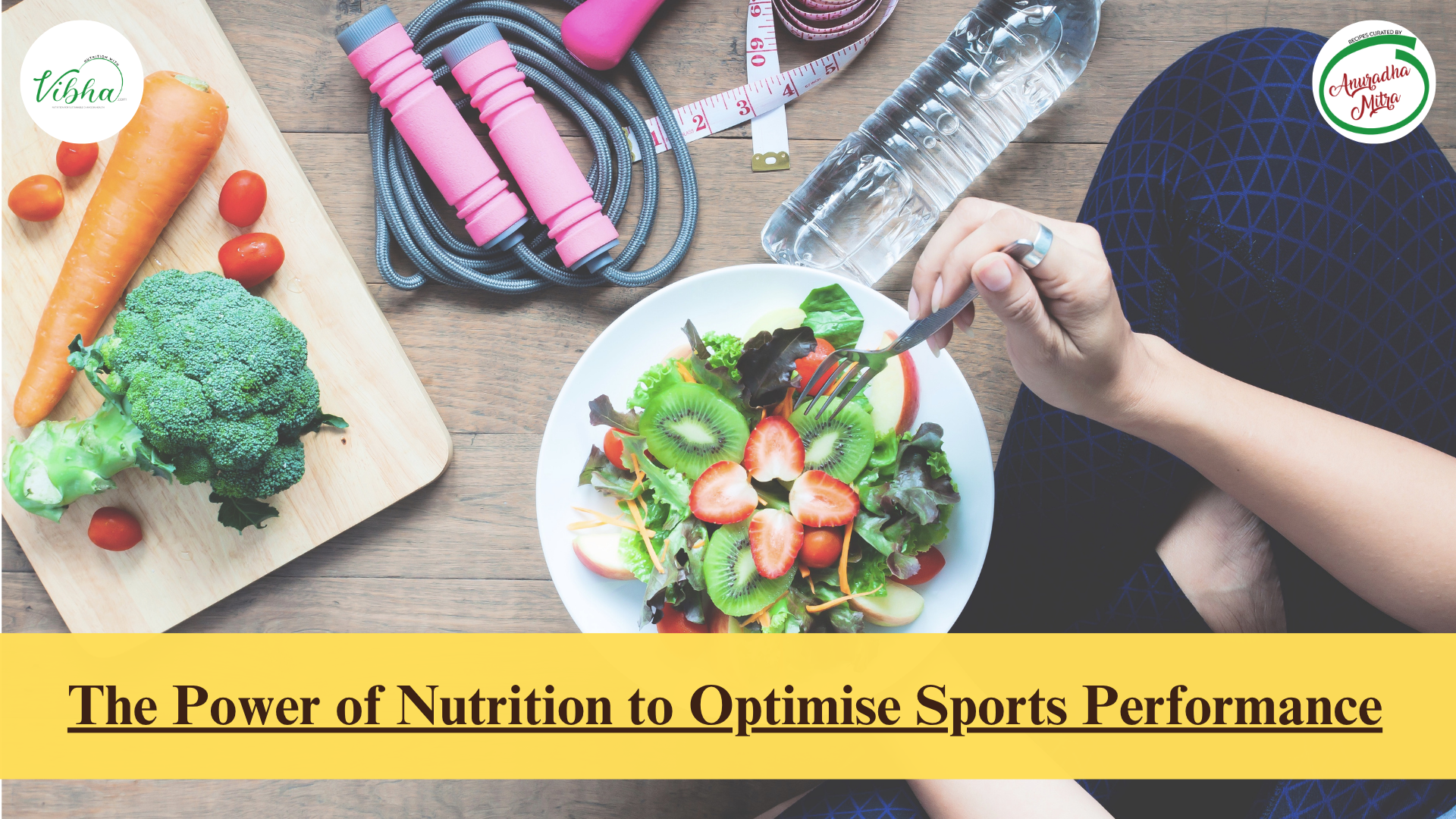Pros and Cons of Caffeine: What Science Says?

Caffeine is the world’s most widely consumed psychoactive substance, showing up in your morning coffee, afternoon tea, chocolates, and energy drinks. But is it a miracle compound or a hidden risk? Let’s take a closer look at what the science really says—so you can sip smarter and make informed decisions about your health.
What is Caffeine?
Caffeine is a natural stimulant found in over 60 plant species, including coffee beans, tea leaves, cacao pods, and kola nuts. It works primarily by blocking adenosine—a neurotransmitter that promotes sleep and relaxation. This leads to increased neuronal activity and the release of dopamine and norepinephrine, improving focus and alertness (Glade, 2010).
Common sources include:
- Coffee and tea
- Energy and soft drinks
- Chocolate
- Certain medications and supplements
The Pros of Caffeine
1. Boosts Mental Alertness
Caffeine enhances cognitive performance, including reaction time, attention span, and memory. It’s particularly effective during periods of low alertness or sleep deprivation (McLellan et al., 2016).
2. Enhances Physical Performance
By increasing adrenaline levels and releasing fatty acids from fat tissues, caffeine can improve endurance and decrease perceived exertion during workouts.
3. May Protect Brain Health
Long-term intake has been linked to a reduced risk of neurodegenerative diseases like Alzheimer’s and Parkinson’s (Grosso et al., 2017).
4. Rich in Antioxidants
Coffee and tea, both major sources of caffeine, are packed with antioxidants like polyphenols that help fight oxidative stress and inflammation.
5. Reduces Fatigue and Improves Mood
Caffeine elevates dopamine levels, which can improve mood and provide a sense of well-being (Hartney, 2023).
6. Aids in Weight Management
Caffeine boosts metabolic rate and supports thermogenesis, promoting calorie burn. It may also suppress appetite in the short term (Glade, 2010).
The Cons of Caffeine
1. Disrupts Sleep
Caffeine can remain in your system for 6–8 hours, interfering with sleep onset and quality. Avoid it at least 6 hours before bedtime (Glade, 2010).
2. Heightens Anxiety
High doses can overstimulate the nervous system, triggering restlessness, irritability, and even panic attacks in sensitive individuals.
3. Affects Blood Sugar Levels
Caffeine may reduce insulin sensitivity, which could raise blood sugar levels—a concern for people with diabetes (Radhakrishnan & Uttekar, n.d.).
4. Risks During Pregnancy and Breastfeeding
Caffeine crosses the placenta and appears in breast milk, potentially affecting fetal development and infant sleep patterns. Limit intake to 200 mg/day.
5. Fertility Concerns
Studies suggest caffeine may reduce fallopian tube motility, hindering egg movement and possibly impacting fertility (Ricci et al., 2017).
6. May Cause Digestive Issues
Caffeine can increase stomach acid and relax the lower esophageal sphincter, aggravating acid reflux or heartburn.
7. Contributes to Dehydration
As a mild diuretic, caffeine increases urination. Be sure to hydrate adequately when consuming caffeine (FDA, 2024).
8. Potential for Dependence
Regular use can lead to tolerance and withdrawal symptoms like headaches, fatigue, and mood changes (Hartney, 2023).
How Much Caffeine Is Too Much?
The FDA recommends up to 400 mg of caffeine per day for healthy adults—roughly four 8-oz cups of brewed coffee. Pregnant women, adolescents, and individuals with heart conditions should consume less.
Safe Caffeine Intake by Age:
- Adults: Up to 400 mg/day
- Pregnant/Breastfeeding Women: Up to 200 mg/day
- Teens (12–18 years): Up to 100 mg/day
- Children (<12 years): Not recommended
Global and Indian Consumption Patterns
In the U.S., about 73% of youth aged 2 to 22 consume caffeine daily. Coffee and energy drinks are now more popular than soda among teens (Branum et al., 2014). In Mumbai, research reveals that young adults (18–35) typically consume caffeine through tea, coffee, and chocolate at home and prefer cola or energy drinks in social settings (Karkera et al., 2023)
Final Thoughts
Caffeine can be a powerful ally or a potential pitfall. Used mindfully, it offers cognitive and physical benefits. Overused, it may affect your sleep, mental health, and digestion. By understanding your tolerance and intake timing, you can enjoy its perks without risking your health.
- Glade, M. J. (2010). Caffeine—not just a stimulant. Nutrition, 26(10), 932–938.
- McLellan, T. M., Caldwell, J. A., & Lieberman, H. R. (2016). A review of caffeine’s effects on cognitive, physical and occupational performance. Neuroscience & Biobehavioral Reviews, 71, 294–312.
- Grosso, G., et al. (2017). Coffee, caffeine, and health outcomes: An umbrella review. Annual Review of Nutrition, 37, 131–156.
- Radhakrishnan, R., & Uttekar, P. S. (n.d.). What Are the Advantages and Disadvantages of Caffeine? MedicineNet.
- Ricci, E., et al. (2017). Caffeine intake and infertility: A systematic review. BMJ Open, 7(4), e013441.
- Hartney, E. (2023). Caffeine addiction: Symptoms, effects, and how to cope. Verywell Mind.
- Branum, A. M., et al. (2014). Trends in caffeine intake among US children and adolescents. Pediatrics, 133(3), 386–393.
- Karkera, A., et al. (2023). Consumption of caffeine throughout the day and in various environments by young adults aged 18–35 years in Mumbai. IJARIIE, 9(3), 3791–3800.
- U.S. FDA. (2024). Spilling the beans: How much caffeine is too much? U.S. Department of Health and Human Services.





